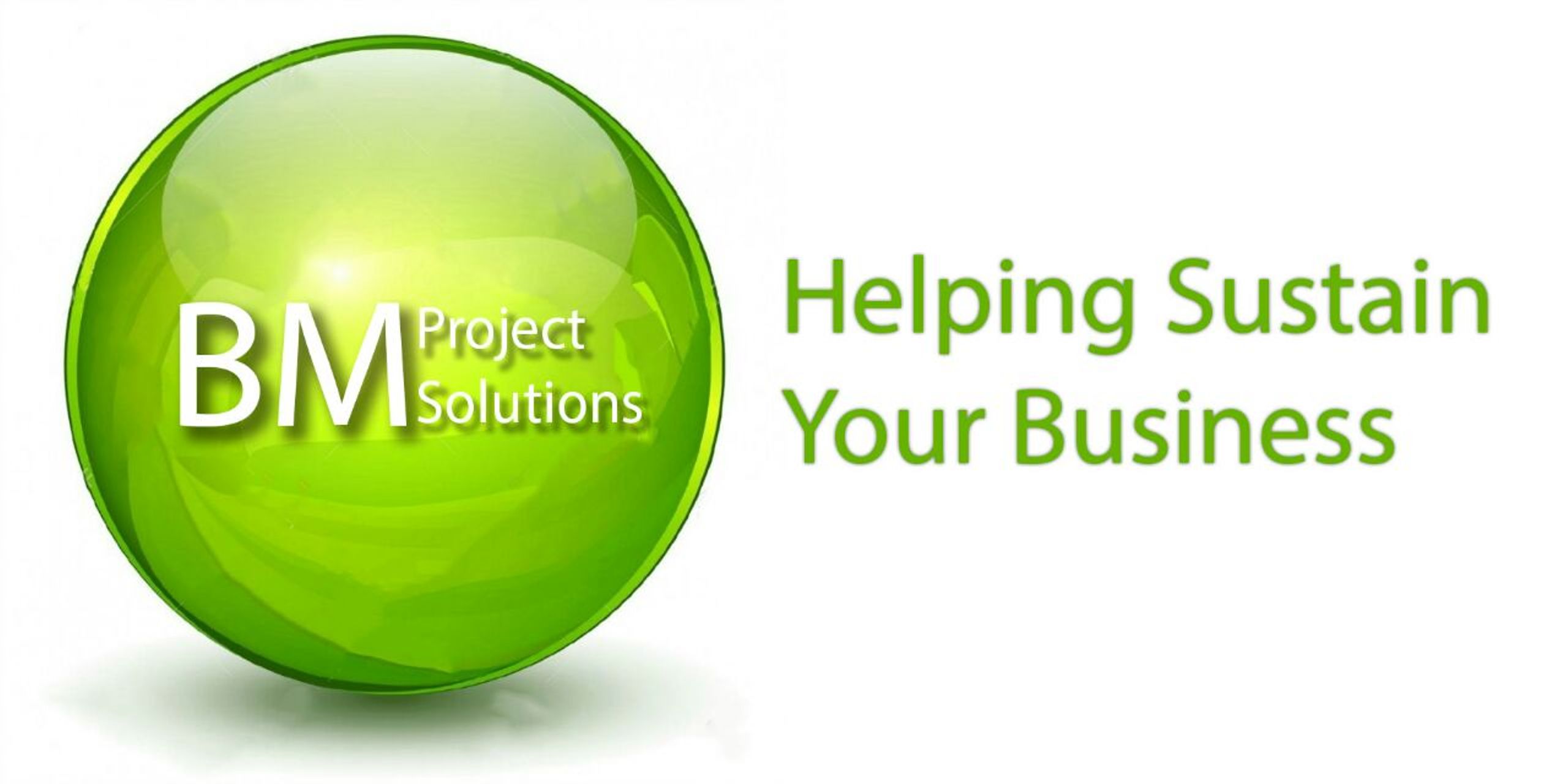So, why should your company consider the fact of promoting innovation? There are many reasons for this, however, here at BM Project Solutions we firmly believe in these three reasons to promote innovation in your workplace. The first is “Employee Retention and Satisfaction” - An innovative working approach appeals to employees who are fast thinking and always ready for a challenge, thus helping companies to retain their top performing employees. The second is “Customer Centricity” – searching for new approaches to provide better and efficient products and services that ensures a constant focus on serving the needs of customers. This assists with building a strong market base and ensures your company stays ahead of customer demands. The third and probably the most important is “Competitive Advantage” also known as Strategic Management - investing time, effort, and money in finding new and efficient methods of doing business which have an advantage over competitors in the relevant market.
It has never dawned on any organisation before that there may be a need to innovate to stay ahead of the competition. The question is what else can be done to promote innovation in the workplace? Well, one way is to do the simplest thing you could think of is to ask your employees and customers also know as Crowdsourcing. Yes, Crowdsourcing is the way to speed up innovation and to create usable and sustainable solutions that benefit people internally and externally. The other way is the Focus on Approach - which is to look at every challenge through a new lens which will have you ask the question, ‘What do I/we have in common with this person or situation that is a challenge? This could be considered as Disruptive Innovation.
What is Disruptive innovation? Coined by the late academic and consultant Clayton M. Christensen, the term ‘disruptive innovation’ refers to a new company entering a market, disrupting and outperforming the established players, and eventually transforming either the market itself or the way consumers interact with it. Disruptive innovation is a process by which a smaller company with fewer resources can successfully challenge well-established organizations. Disruption is a process—it doesn’t happen overnight. By equipping your team members with the tools and resources to explore their innovative ideas, you can help your organization stay ahead of the curve and thrive in the face of radical change. This can be outlined as the Blue Ocean vs Red Ocean strategy. For more on this topic you can read our blog or listen to our vlog or podcast.
So how does Disruptive Innovation work? To make the answer to this question easier to understand, think of Netflix as an example as you go through the description of Disruptive Innovation. Disruptive innovation starts with a new company identifying a gap in the market that has been neglected, or a segment of the population that has traditionally been overlooked. They will then offer an alternative product or service that is usually more convenient and affordable, reaching consumers who had previously been ignored.
So, now that we have an idea of promoting innovation in the workplace and what disruptive innovation is, we need to understand what we can do to reward innovation in the workplace. The reward is what you as the Leader will be granting or awarding your employees with during the process. There are many ways to reward your employees for innovation, however, here at BM Project Solutions we have a few reward systems we firmly believe will be of better value to your employees and your business.
The first would be “Reward innovation with responsibility” - If one of your employees has an innovative idea, allow them the freedom to take the idea forward, without feeling like they’re putting their professional career in jeopardy. The next would be “No Micromanagement” – It is a well-known fact that micro-managing prohibits creative thinking and defeats innovation. If you as the employer or leader do not encourage free-thinking in the workplace, by taking a step back in your role, you will never create an environment where your team can think for themselves and generate new ways of working. The next point may sound crazy but it is “Rewarding Failure” - if you do not encourage your employees to be daring and risk failure, you will not build a culture of innovation, you will create a culture of mediocrity. The next would be to create “Flexible Working” conditions - by giving your team more flexibility in their roles, you signal that your number one priority is achieving great results, not whether someone is a couple of minutes late for work. Think of the Rise of the Gig Worker discussion we had. The last would be “Reward Effort and do not Ignore it” - yes, you want to see results and you want to reward those team members who deliver those results through innovation. When a member of a team is achieving great results, you might be tempted to reward that individual to encourage others to follow suit, however, before you do, think about who else might have had a positive impact in the progress of the innovation, because If you reward certain members of a group, and not the group itself, you could create a culture where team members compete with each other instead of support one another.
In closing, you need to look at how and when you innovate in your organisation. Do not just innovate for the sake of it or simply to waste resources and funds or to boast that you are constantly working on projects which in the end may bear no fruit. Take the time to see when a products lifecycle will change or expire and always think of ways to rather better what you have then to reinvent the wheel. Why fix what is not broken? When rewarding employees ensure that it is done consistently and with possible promotions. Innovation will always be part of any organisation no matter how small, however, we should never undermine or put our employees down for the ideas they may have. We should rather protect them and embrace the ideas as these are the ideas that become our saving grace in tough time.





